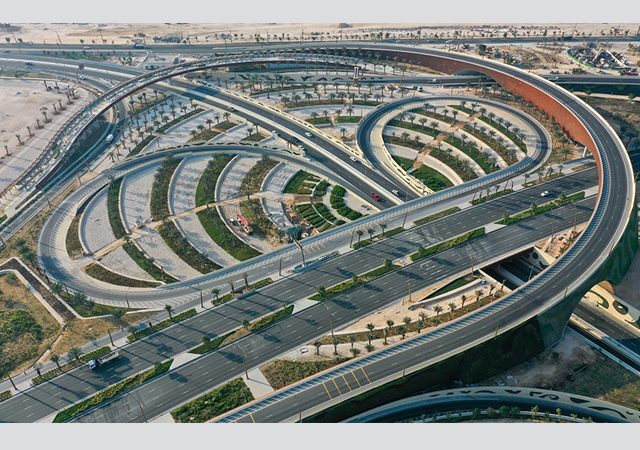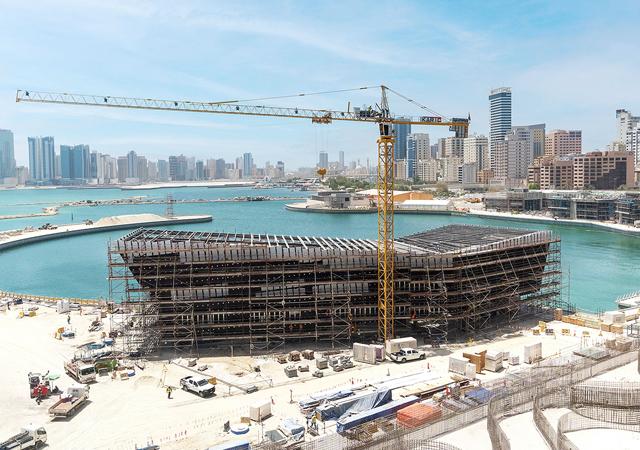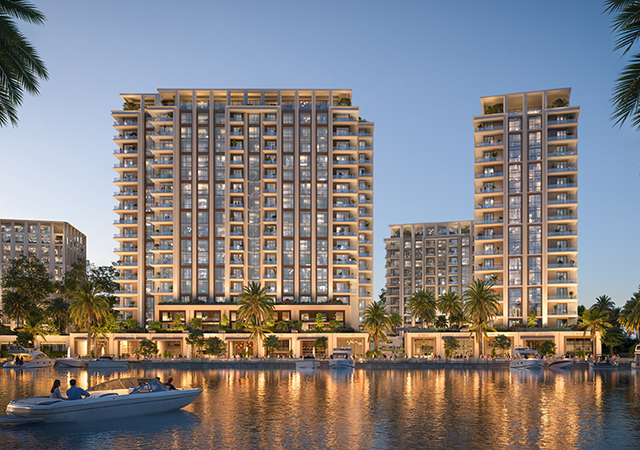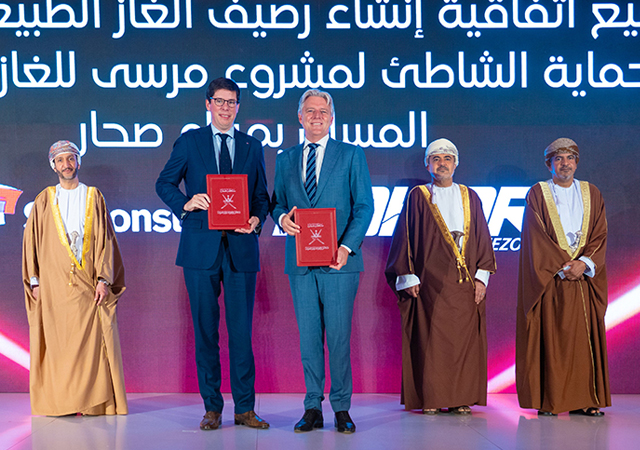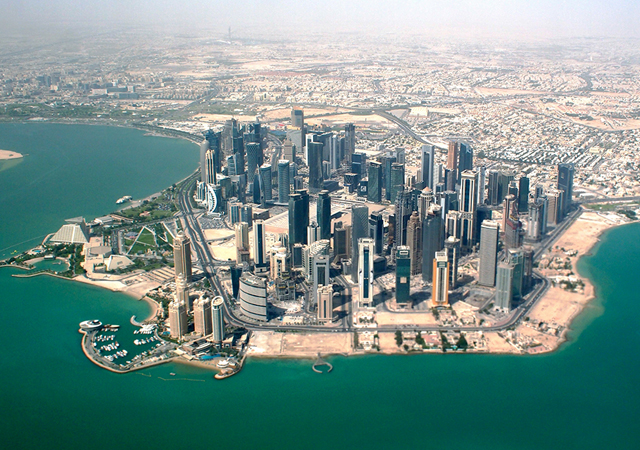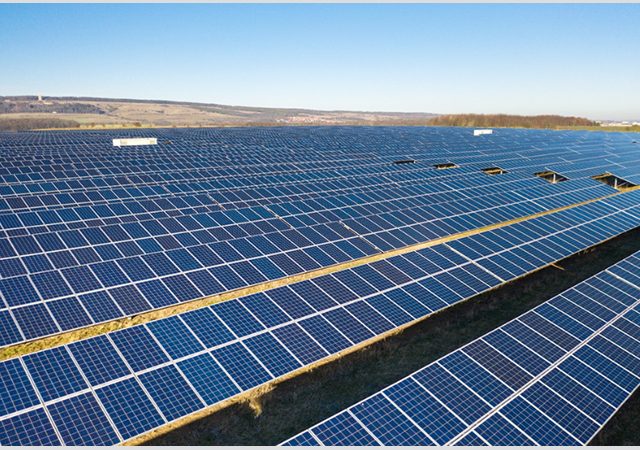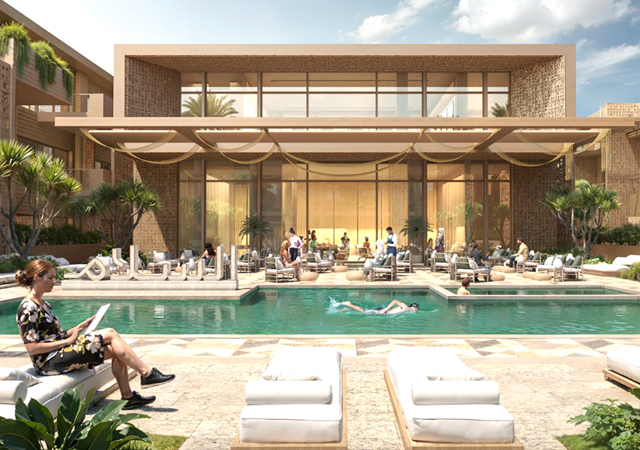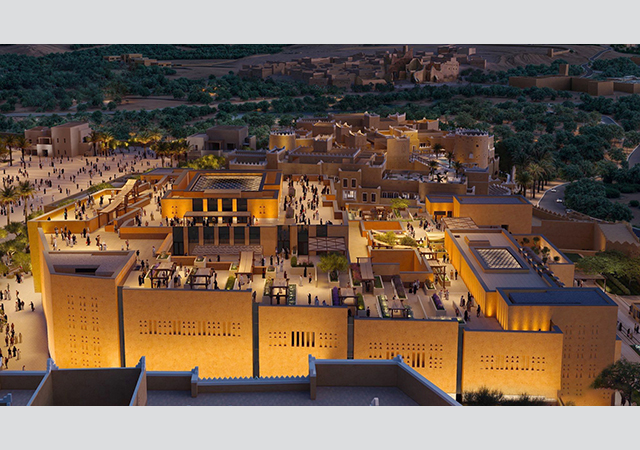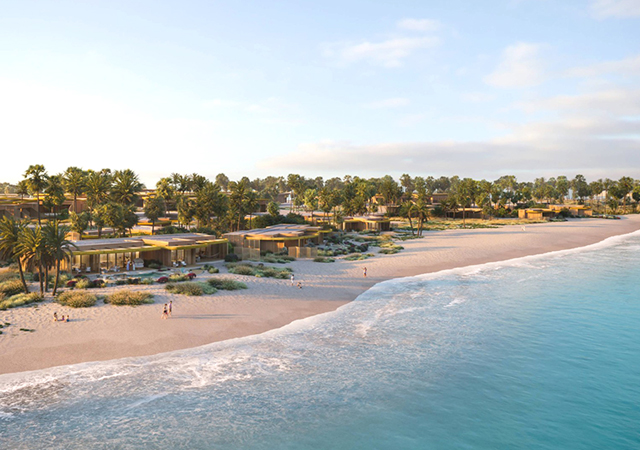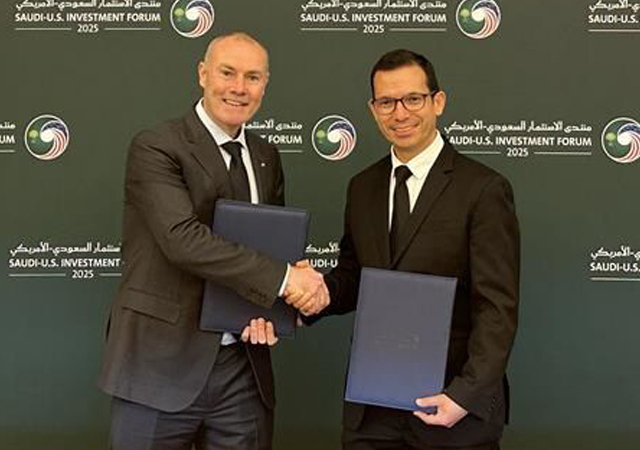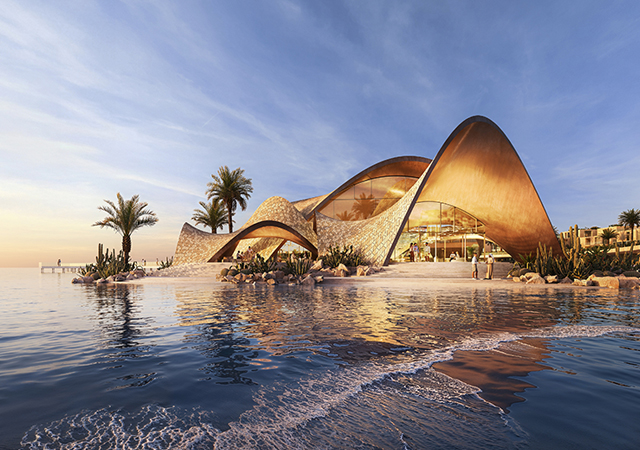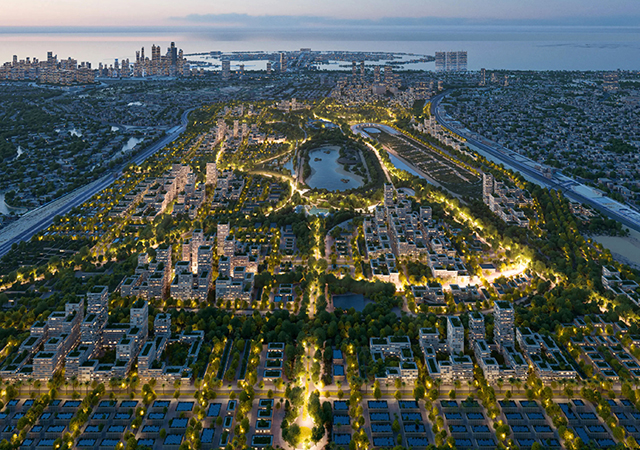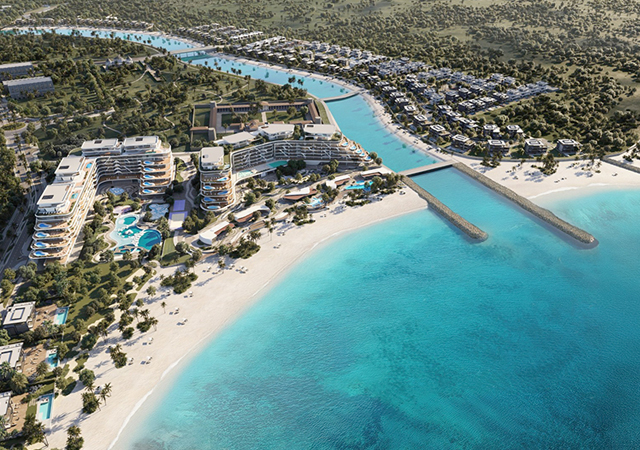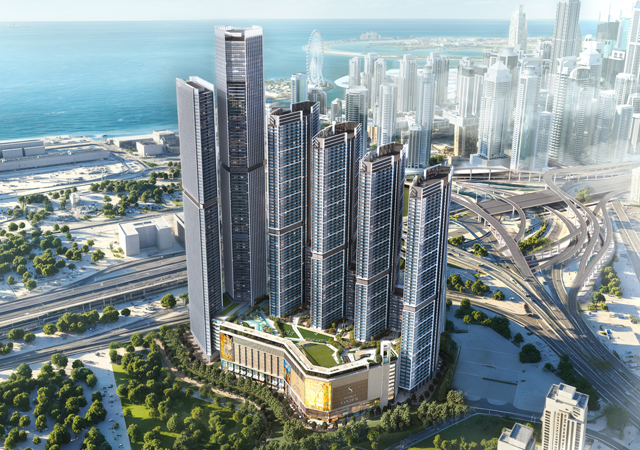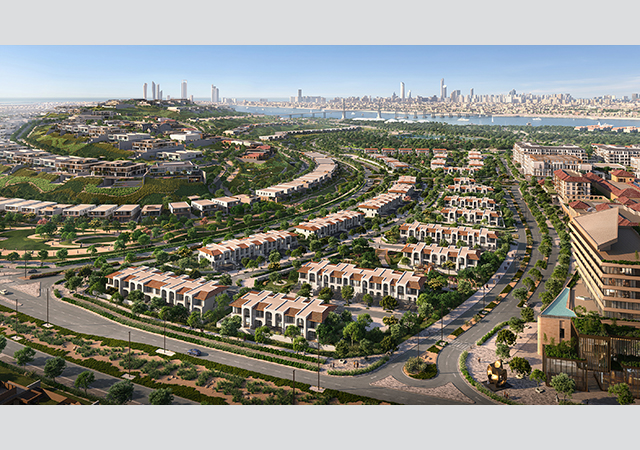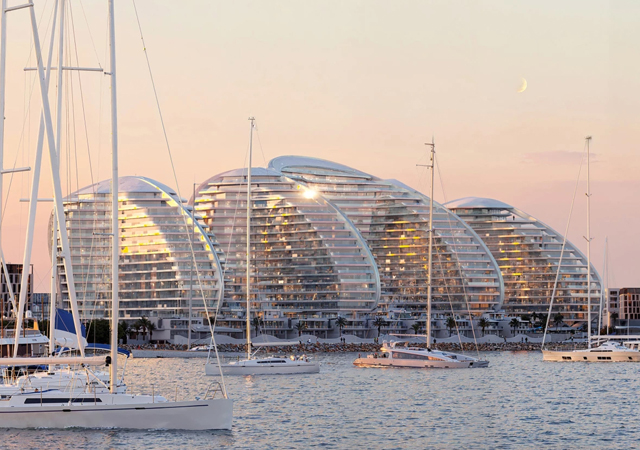
 The recent edition of Abimad saw a strong participation.
The recent edition of Abimad saw a strong participation.
The third edition of the Abimad 2006, organised by the Brazilian high-end furniture manufacturers association, held at Sao Paulo in Brazil (18 to 21 February), was a great success with furniture industries forecasting $8 million in business with GCC countries in the coming year.
“Following this year’s successful event, we are promoting a trade mission for Middle East retailers and furniture importers to visit the next edition of the Abimad – the Brazilian Contemporary Furniture & Home Decor Exhibition – scheduled to take place again in Sao Paulo from February 8 to 12 next year,” says Rafael Molon, director of international relations department of Abimad.
“We will be sponsoring the visits for international buyers, retailers and journalists and other guests from the Middle East countries,” he adds.
Around 15 importers from the GCC participated in the fair, including distributors, retailers and traders. The furniture trade show also brought together on a common platform, the new collections and innovations of design and raw materials of 167 global exhibitors over a 48,000 sq m area. Abimad sponsored the visits of 650 carefully selected national retailers, as well as 87 foreign buyers, from 40 countries to both the International Buyer’s Project and the Abimad 2006 Fair.
The export volume that resulted from the negotiations during both events is estimated on $30 million for the next year, which showcases the enormous business potential of the event, says Molon.
“It was a very worthwhile fair, but we still have a lot of work ahead,” says Carlos Moreira, director of Abimad. “In all, deals were closed with 11 Brazilian companies. The importers from the Middle East countries are now testing Brazilian products. But the participation of the importers was positive and this year we are going to invest heavily in the Arab countries.”
Moreira estimates that, during the event, the GCC businessmen made purchases of about $2 million. The main sales were made to importers from Egypt, the UAE, Qatar, Kuwait, Jordan, Palestine and Bahrain. The importers from the GCC were keen on dining room and living room furniture, furniture for external areas, leather upholstered furniture and fabric for decoration accessories.
Among the Brazilian companies who showcased at Abimad 2006, was Niroflex – the largest sofa industry in Brazil – which closed sales orders of over $100,000 to GCC importers on the lookout for exclusive products. The company has already closed deals with importers from Jordan and Qatar and is negotiating with a buyer from Dubai.
Minuano, a manufacturer of leather upholstered products, based in Rio Grande Do Sul, as well as Parana-based Modulaque, also clinched big deals with Middle East importers. Other Brazilian companies such as Estofado Jardim, Formanova, Antica, Lintz, Century, Móveis Irimar, Estobel, Stone Design and Mac Design, were also successful in winning large Middle East sales figures.
Mohammed Al Akkas, director general of Saudi Arabia-based Al Akkas Trading Group – one of the participants at the event – has unveiled plans to open a differentiated Brazilian furniture showroom in Saudi Arabia.
“Brazilian furniture is still not yet known in the Arab market. Brazilian companies need to be more aggressive in the Arab market and work together with the local companies,” he says.
Brazil has a rich forest reserve encompassing both native and planted forests. Of the total national area, 66 per cent (5.6 million sq km) is covered by natural forests, 0.5 per cent by planted forests, and the remaining area of 33.5 per cent is used in agriculture, cattle-breeding, urban areas and infrastructure among others.
In the cultivated forest section, Brazil has around five million hectares with planted pine and eucalyptus trees. Brazil stands out for its self-sufficiency in the production and consumption of wood panels, which include MDF (medium density fibreboard), particleboard and fibreboard. The production of particle-board, that was 758,000 cu m in 1994, increased to 2.8 million cu m in 2004, a growth rate of 273 per cent.
The production of MDF panels is also growing and currently it stands at 1.7 million m, with about 80 to 90 per cent of the produced volume of MDF designated to furniture assembly.
The enormous Brazilian furniture manufacturing industry has more than 16,000 companies spread throughout the country, generating nearly 200,000 direct jobs, located mostly in the Central-South region of the nation, forming areas of furniture production in some states, such as Bento Gonçalves (370 companies) in Rio Grande do Sul; São Bento do Sul (210 companies) in Santa Catarina; Arapongas (145 companies) in Paraná; Mirassol (210 companies), Votuporanga (85 companies) and São Paulo (3,000 companies) in São Paulo; Ubá (310 companies) in Minas Gerais, and Linhares (130 companies) in Espírito Santo, Molon concludes.


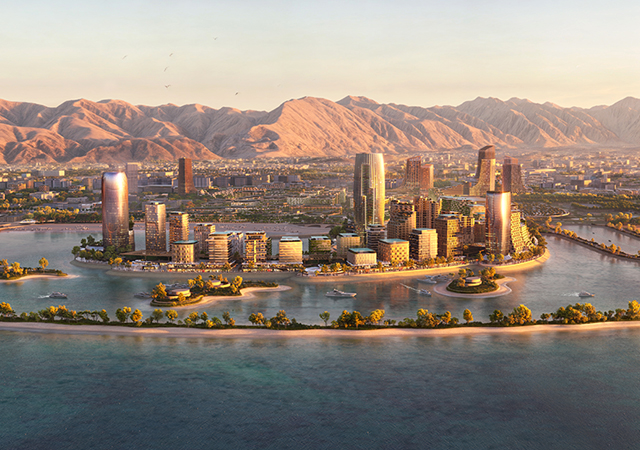

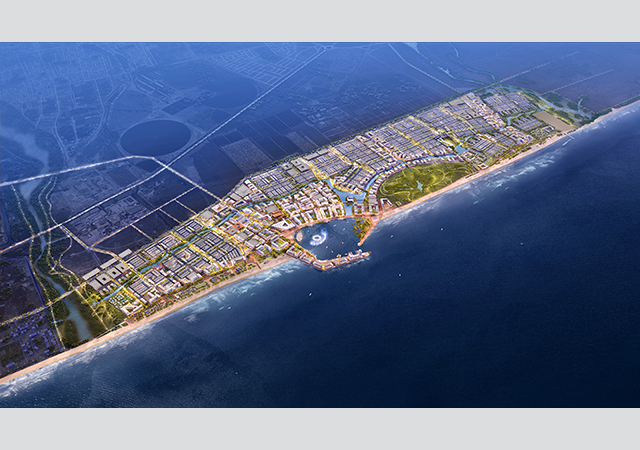
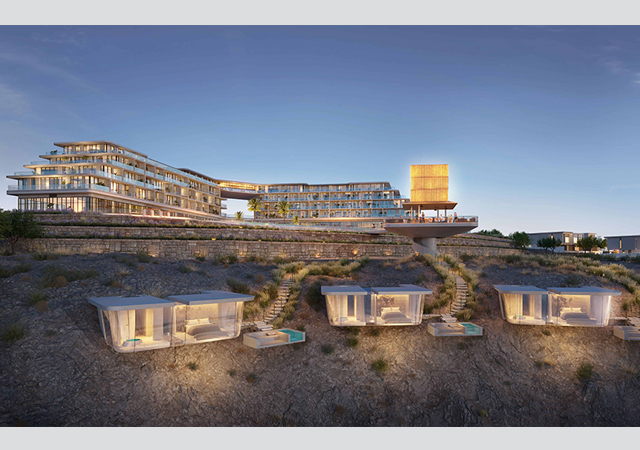
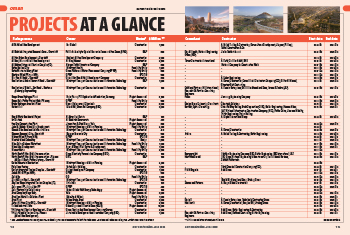
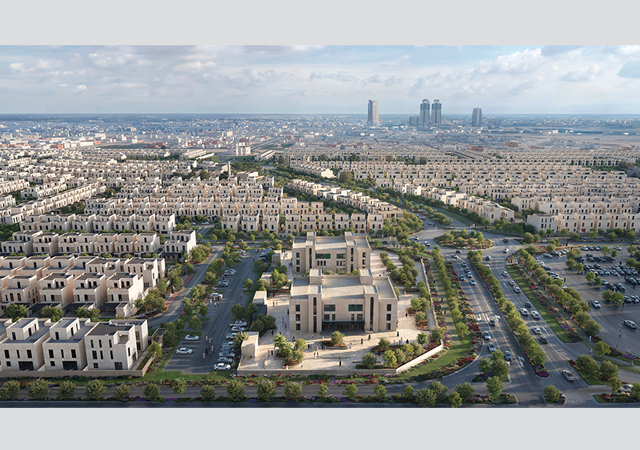



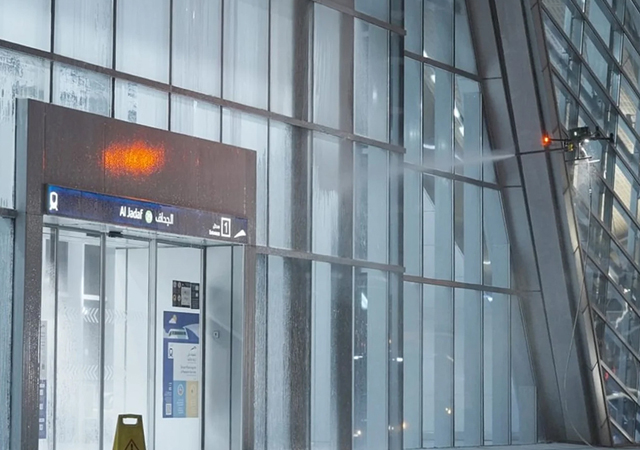
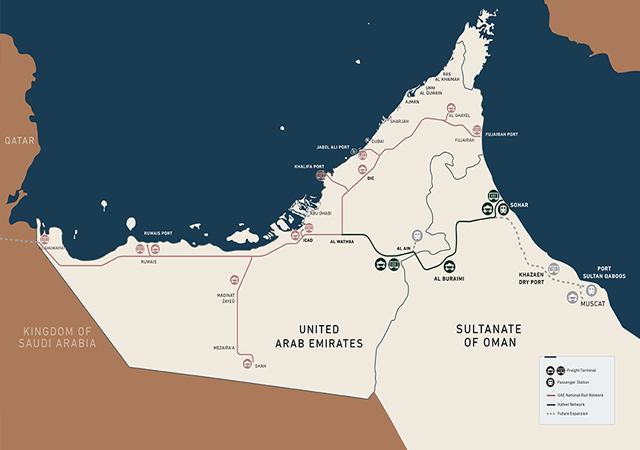
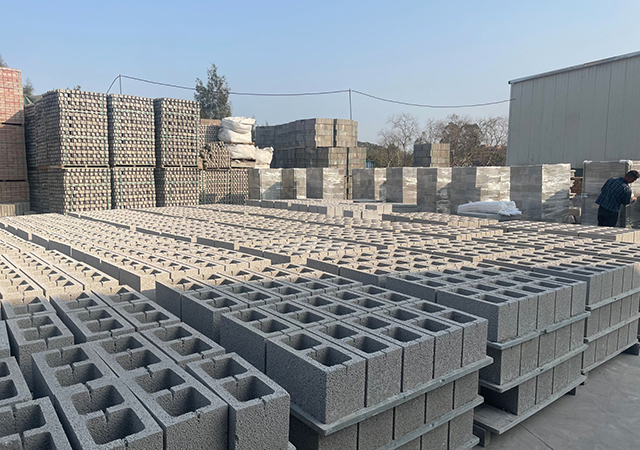
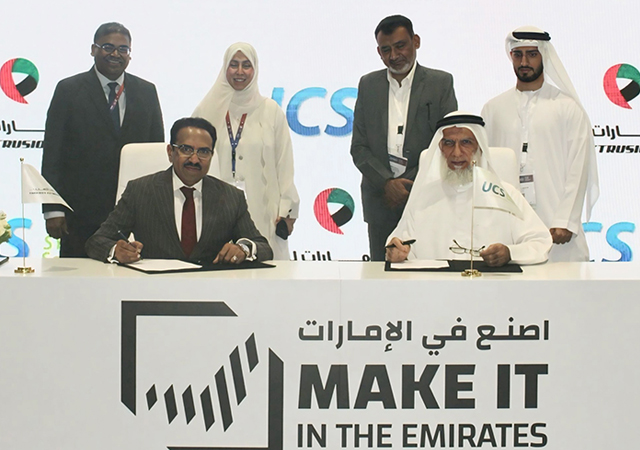
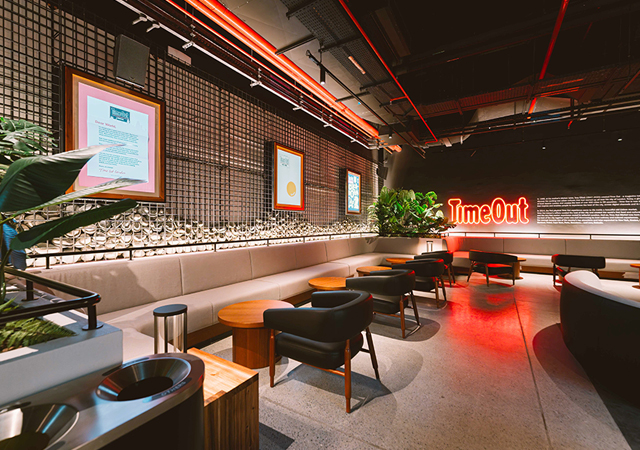
.jpg)
.jpg)

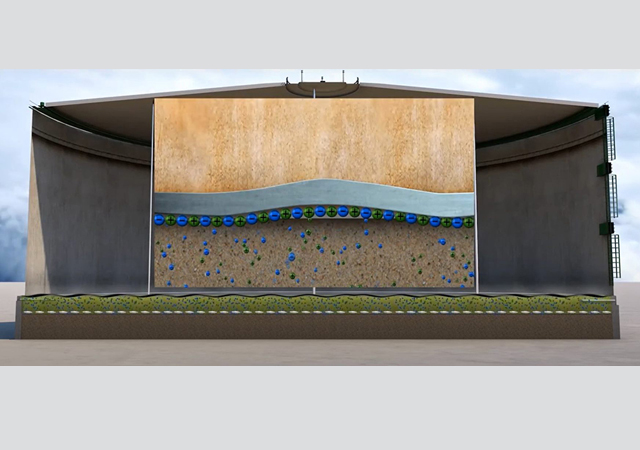
.jpg)
.jpg)
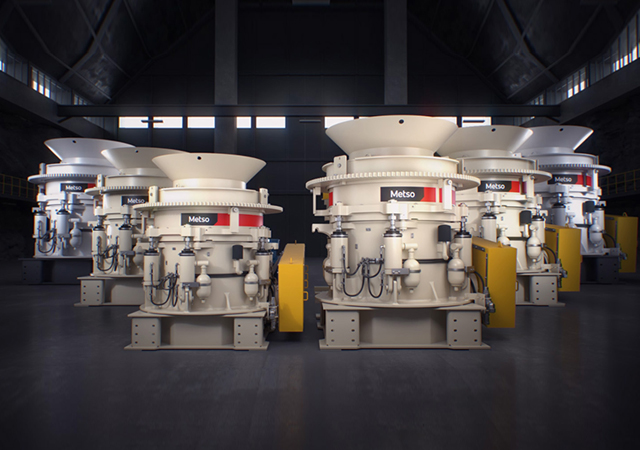
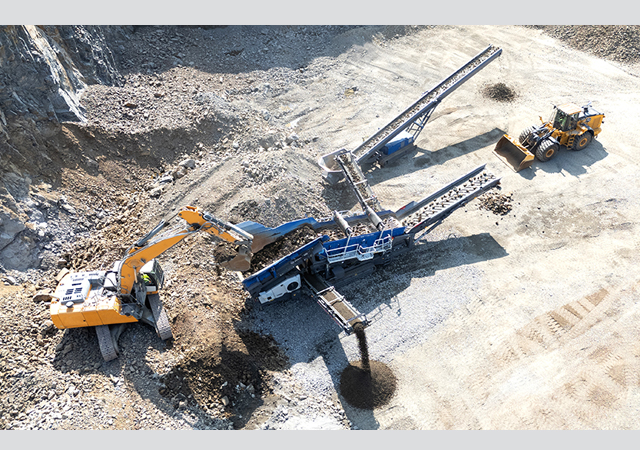
.jpg)
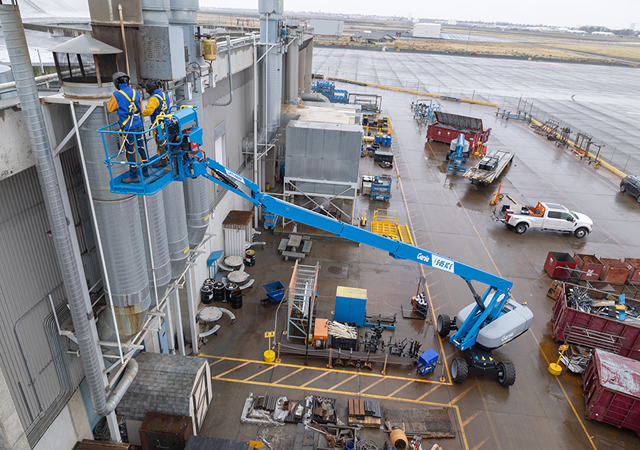
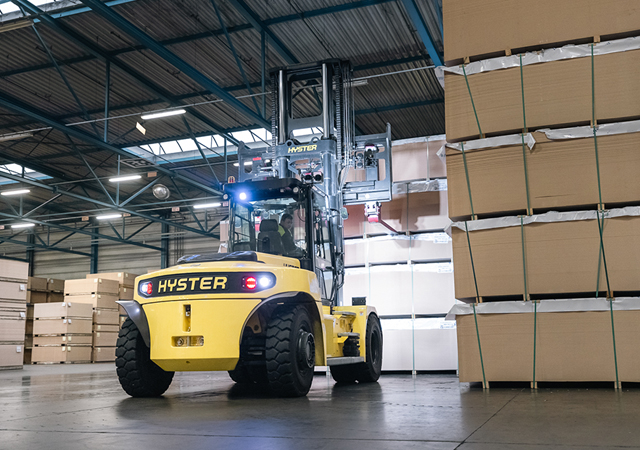
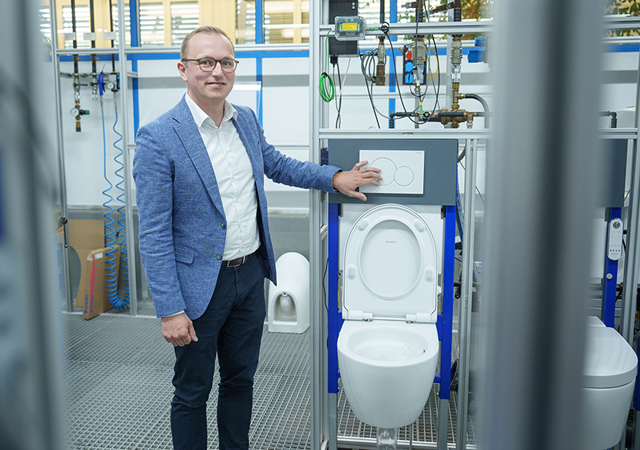
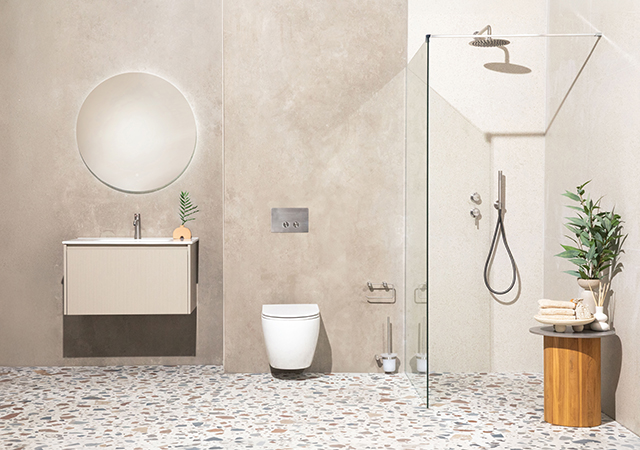
 Doka.jpg)


